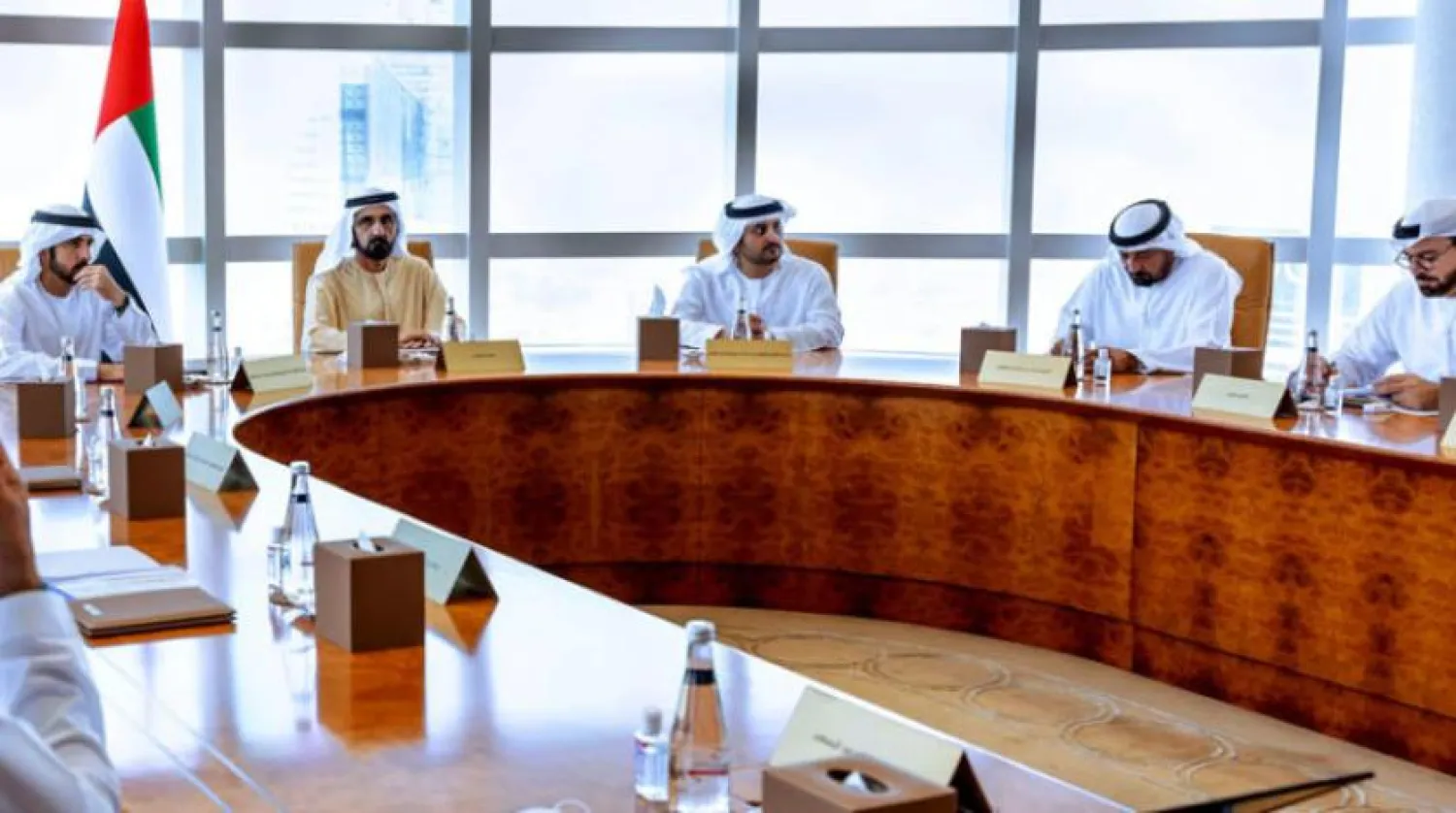Sheikh Mohammed bin Rashid Al Maktoum, Vice President, Prime Minister and Ruler of Dubai announced Tuesday a new comprehensive structure for Dubai Municipality that supports the emirate’s priorities, future directions and development plans in various sectors.
This step aims to create economic opportunities worth AED10 billion ($2.7 billion) within five years, reduce operating costs by 10% and increase the quality of services by 20%.
This came during a meeting of the Dubai Council chaired by Sheikh Mohammed and attended by Sheikh Hamdan bin Mohammed bin Rashid Al Maktoum, Crown Prince of Dubai and First Deputy Chairman of the Dubai Council, and Sheikh Maktoum bin Mohammed bin Rashid Al Maktoum, Deputy Ruler of Dubai, Deputy Prime Minister, Minister of Finance, and Second Deputy Chairman of the Dubai Council.
During the meeting, the Council approved a comprehensive restructuring of Dubai Municipality to achieve the future goals and directions of the emirate, in addition to approving a comprehensive restructuring of the Land Department and a new system to ensure the sustainability of family businesses in the emirate.
The restructuring aims to transform Dubai Municipality into a specialized institution that adopts a private sector mindset to provide high-quality municipal services.
It also seeks to enhance its ability to keep pace with global changes in the areas of environment, climate change, circular economy, and the acceleration of partnerships with the private sector.
The Council also approved the comprehensive restructuring of the Land Department to enhance Dubai's leadership and competitiveness in the real estate sector and raise operational efficiency by at least 20%.
Dubai’s Agenda for the sustainability of Family Businesses for the next 100 years aims to provide all the necessary factors and enable them to effectively contribute to the economy and the emirate’s future.
The Agenda will see Dubai issuing a unified law for the sustainability of family businesses that meets all legislative requirements.
As part of the agenda, the Dubai Center for Family Businesses will be established as a central entity responsible for providing all services that ensure family businesses’ sustainability, launching four practical legal systems for the governance of family businesses, and establishing a center for settling family disputes through arbitration and mediation.
The Council further announced the establishment of a higher committee, headed by Sheikh Hamdan, to oversee all future technological developments in the digital economy.
Sheikh Mohammed directed the committee to develop the Dubai Metaverse Strategy in the next two months to contribute to enhancing Dubai’s position as a global hub for new Metaverse technology.
Also, the Council approved the establishment of the Higher Committee for Development and Citizens Affairs, which aims to provide all the support needed by citizens through a specific work strategy that contributes to achieving the goals set by Sheikh Mohammed in this regard.
The Committee will focus on ensuring the provision of advanced and integrated services to citizens, in addition to launching and approving a number of comprehensive initiatives.









